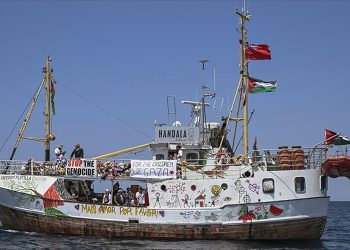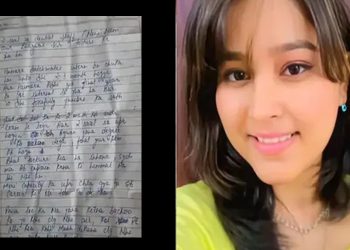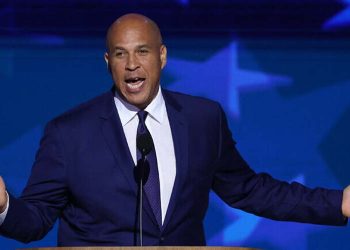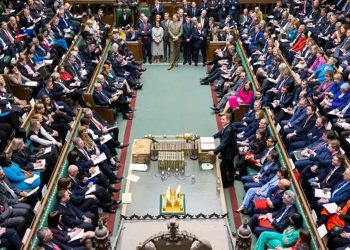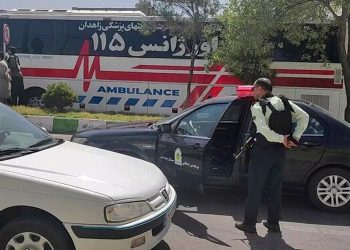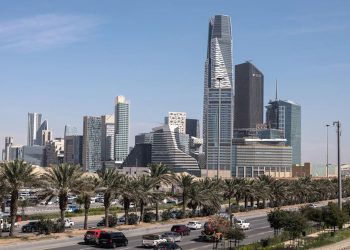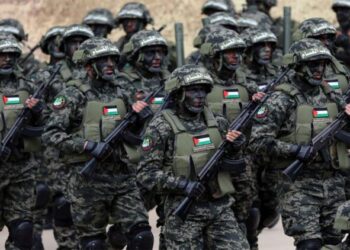YANGON: Myanmar’s new junta leader called on civil servants to return to work and urged people to stop mass gatherings to avoid spreading the coronavirus, as a sixth day of protests against him and his coup rocked the country.
The United States announced the first round of sanctions, while European Union lawmakers called on their countries to also take action against the military leadership and Britain said it was considering measures to punish the takeover.
The coup and the detention of elected leader Aung San Suu Kyi along with scores of others have prompted the biggest demonstrations since a 2007 ‘Saffron Revolution’ that ultimately became a step towards now halted democratic change.
Senior General Min Aung Hlaing addressed the protests for the first time in public, blaming “unscrupulous persons” for stoppages in a growing civil disobedience movement by medics, teachers, railway workers and other government employees.
“Those who are away from their duties are requested to return to their duties immediately for the interests of the country and people without focusing on the emotion,” he said. In a statement issued by the army’s information service, he also urged people to avoid gatherings, which he said would fuel the spread of the coronavirus.
Hundreds of workers lined a road in the capital Naypyitaw, chanting anti-junta slogans and carrying placards supporting Suu Kyi. Thousands demonstrated in the main city of Yangon. Protesters also demonstrated outside the Chinese embassy, accusing Beijing of supporting the military junta and pictures of Suu Kyi to demand her release.
The military launched the coup after what it said was widespread fraud in a November election, won by Suu Kyi’s National League for Democracy (NLD) in a landslide. The electoral commission had rejected the fraud accusations.
The Assistance Association for Political Prisoners rights group said at least 220 people had been arrested since the coup. The protests have revived memories of almost half a century of direct army rule, punctuated by bloody crackdowns until the military began relinquishing some power in 2011.
The United States imposed sanctions on 10 current and former military officials it deems responsible for the coup, including Min Aung Hlaing. It also blacklisted three gem and jade companies it said were owned or controlled by the military.
“These sanctions specifically target those who played a leading role in the overthrow of Burma’s democratically elected government. The sanctions are not directed at the people of Burma,” said the Treasury Department in a statement.
The sanctions prevent the named individuals from doing business in the United States, though the military leadership is not known to have major US interests. Washington is also taking steps to prevent the generals from having access to $1 billion in Myanmar government funds held in the United States.
Treasury Secretary Janet Yellen said the United States was “prepared to take additional action should Burma’s military not change course”.
Min Aung Hlaing and other top generals are already under US sanctions over abuses against Rohingya Muslims and other minorities. European Union lawmakers issued a non-binding resolution urging the reinstatement of civilian rule.
Britain was also looking at further measures it could apply, Foreign Secretary Dominic Raab said. Myanmar is a former British colony. “The international community will not accept the coup in Myanmar and we will hold those responsible to account,” he said.
The UN Human Rights Council is due to discuss Myanmar at a special session on Friday. A draft resolution submitted by Britain and the EU has been sponsored by 22 of the forum’s 47 members.









